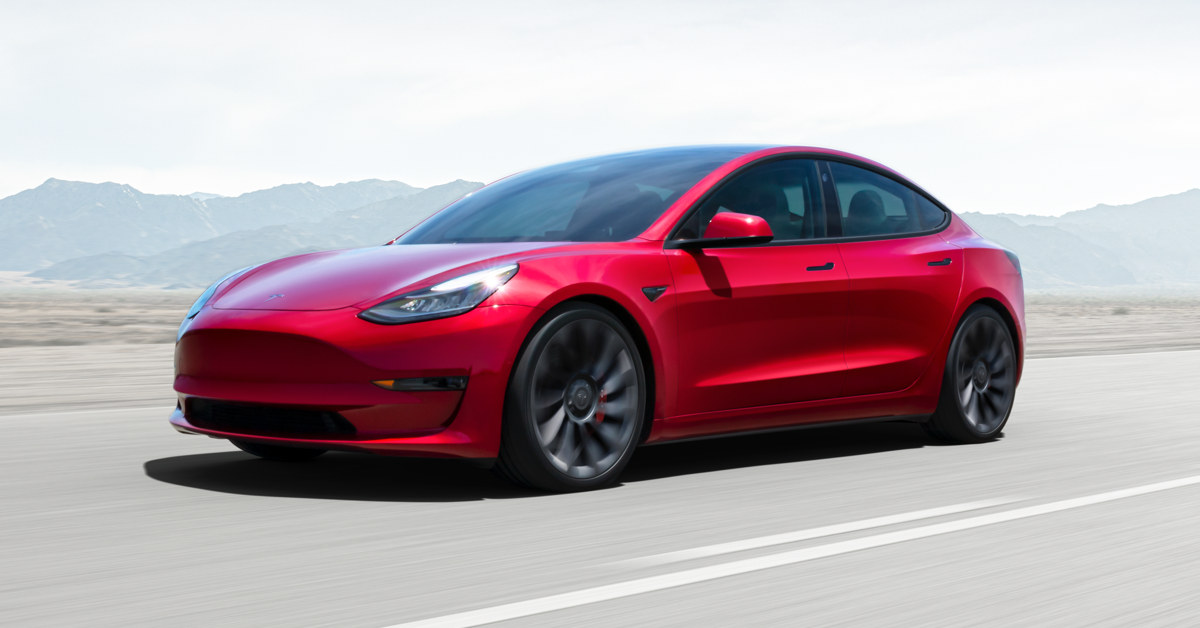T-Willy
Well-known member
New and upcoming EV trucks have massive power but poor or marginal range for remote touring. That power may be needed for towing, but it's overkill for touring.
I wonder, for those of us who tour but don't tow, whether smaller motors could trade power for range given same batteries.
Engineers: Is it generally true that smaller, less powerful motors are more efficient, and would yield more range by consuming less electricity? Or, do electric motors consume similar electricity, determined by load, regardless of their size or potential power output?
I wonder, for those of us who tour but don't tow, whether smaller motors could trade power for range given same batteries.
Engineers: Is it generally true that smaller, less powerful motors are more efficient, and would yield more range by consuming less electricity? Or, do electric motors consume similar electricity, determined by load, regardless of their size or potential power output?



